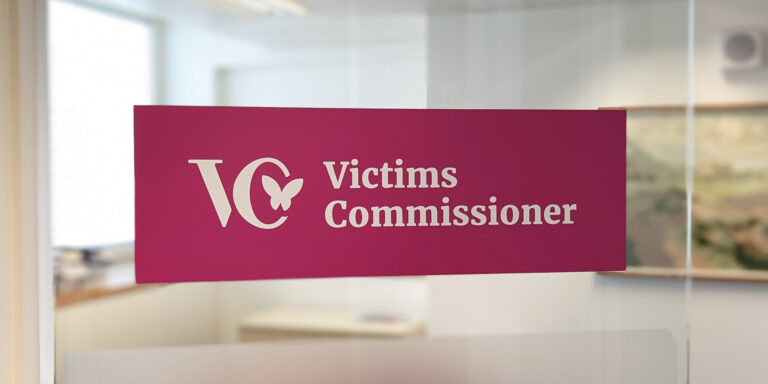HMICFRS report: Progress on crime recording but lack of consistency harming victims, warns Baroness Newlove

The Victims’ Commissioner, Baroness Newlove, has responded to a new report by HM Inspectorate of Constabulary and Fire & Rescue Services (HMICFRS) on police crime recording. She warned that while overall standards have improved, progress remains too uneven, leaving certain victims and crime types overlooked.
Among other findings, the report found that crime recording rates have risen overall to almost 95% — up from 80% in 2014. However, violent crime, including harassment, stalking and coercive control, remains less consistently recorded – as does other crimes disproportionately affecting women and girls, as well as anti-social behaviour.
In addition, disabled victims’ experiences and other protected characteristics are not sufficiently captured. Inconsistent practices mean victims may miss out on safeguarding, investigations and support.
Commenting on the findings, Baroness Newlove said:
As this report makes clear, crime recording is improving but progress has been too uneven. For certain victims, crimes simply go unrecorded. Official police data fails to sufficiently capture the experiences of disabled victims, a particularly vulnerable group. This statistical gap is consistent with my own research, which found disabled victims report a poorer police response.
Alongside this, reports of anti-social behaviour, domestic abuse and violence that disproportionately affects women and girls are often not recorded in a timely or effective manner.
This isn’t merely a statistical oversight: when crimes go unrecorded, offenders go unchallenged, and victims lose out twice – first through the offence itself and again when denied recognition and support.
Low levels of recording also create a distorted picture of risk, masking the true scale of the problem. At the same time, it understates the demand for victim support services, impacting their commissioning and funding – undermining victims’ access to both justice and support.
Recent gains show improvement is possible – but more needs to be done. Progress must be matched with consistency, so no victim is left behind.
- Access the full report on HMICFRS’s website.
- Read the Victims’ Commissioner’s landmark victim survey, in which disabled victims reported poorer experiences with police.
